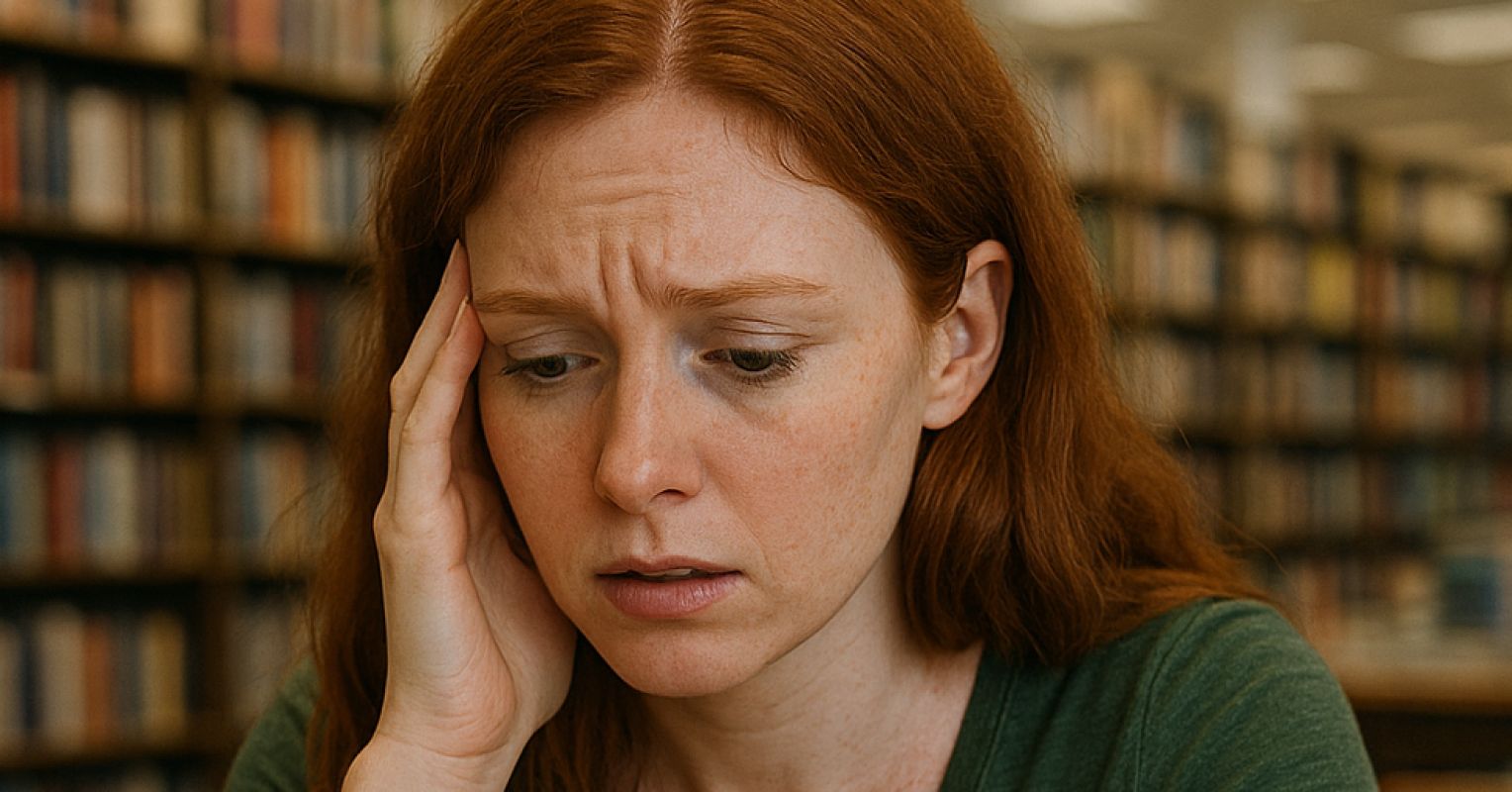
"Later, when you're visiting their family over the holidays, you might ask yourself about the significance of that encounter. Still later, you could start wondering about moving in together, or even about a long-term commitment. "Is this person right for me?" you may end up thinking. "Do I love them enough?" Or perhaps your doubts go in the other direction, focusing on yourself: "With all of my faults, am I good enough for this person?""
"Often underdiagnosed and officially still just a subtype of OCD rather than an officially recognized disorder, ROCD can easily be mistaken for the typical anxieties that romantic relationships stir up. But just like its obsessive-compulsive namesake, relationship OCD is characterized by persistent, upsetting doubts and hesitations-in this case, concerning one's relationship, one's partner, or oneself. These obsessive doubts can lead to compulsions as well, if the sufferer turns to repeated thoughts to "undo" their doubts or repeated actions to relieve their chronic anxiety."
Doubts about relationships are common, but when they become repetitive, intrusive, and distressing they may indicate relationship OCD (ROCD). ROCD pairs obsessive doubts with compulsive behaviors such as reassurance-seeking, comparing, or checking. One subtype targets doubts about one’s own feelings, while another fixates on perceived flaws in the partner. ROCD is often underdiagnosed and can be mistaken for normal relationship anxieties. The obsessive doubts can drive repeated thoughts or actions aimed at neutralizing uncertainty. Maintaining a relationship requires tolerating some degree of imperfection rather than eliminating all doubts.
Read at Psychology Today
Unable to calculate read time
Collection
[
|
...
]